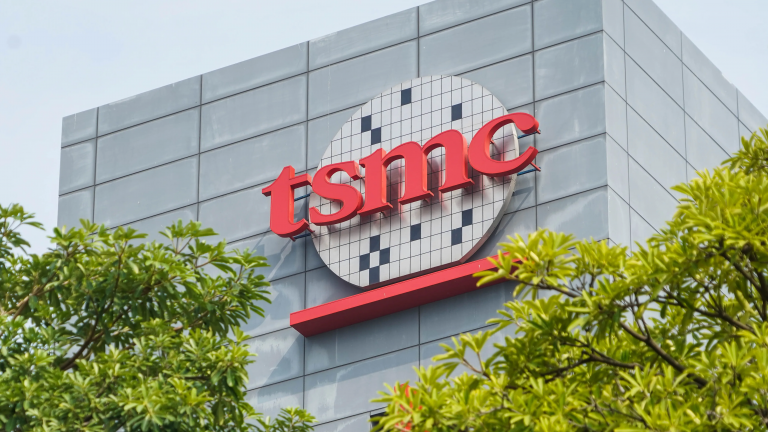
Riled up by global chip shortage, semiconductor manufacturers have been pushing to fill the gap that has seen industries slow down productions, from smartphones to cars. But apart from the production impediment, the chip shortage is creating a big rivalry between foremost semiconductor manufacturers as they push to increase their manufacturing capacity, aiming to dominate the market.
Against this backdrop, Taiwan Semiconductor Manufacturing Co. (TSMC) has received final approval to build its most advanced chip plant yet, a day after U.S. rival Intel said it planned to seize chip industry leadership, Nikkei Asia reports.
TSMC plans to build a 2-nanometer chip facility in Hsinchu, one of Taiwan’s most important chipmaking centers.
Register for Tekedia Mini-MBA edition 19 (Feb 9 – May 2, 2026): big discounts for early bird.
Tekedia AI in Business Masterclass opens registrations.
Join Tekedia Capital Syndicate and co-invest in great global startups.
Register for Tekedia AI Lab: From Technical Design to Deployment (next edition begins Jan 24 2026).
The Environmental Review Committee, a cross government and academic environmental regulatory body, approved the plan on Wednesday. This clears the way for TSMC to start construction of the facility in early 2022, and begin installing production equipment by 2023, sources familiar with the plan told Nikkei Asia.
“Semiconductor is one of the most crucial industries to Taiwan’s economic growth,” Economics Vice Minister Lin Chuan-neng said at the environmental review committee meeting. “The government will help TSMC to achieve its environmental targets while continuing to build the advanced technologies.”
The approval comes after top U.S. chipmaker Intel — a TSMC client and competitor — said on Tuesday that it aims to produce the world’s most advanced chips by 2024 and recover the global chip crown from Asian rivals like TSMC and Samsung Electronics the following year.
Taiwan’s importance as a source of advanced semiconductors was highlighted earlier this year when car making economies including Germany, Japan and the U.S. all pressured Taiwan to increase production of automotive chips amid a global shortage.
The Taiwanese government views its chip production expertise as a strategic advantage to keeping the island that China views as a part of its territory safe from any geopolitical conflicts.
TSMC’s move to diversify some production away from Taiwan will weaken the strategic importance of the island in the long term, which makes it more crucial for Taiwan to keep the company’s most cutting-edge production technology onshore, government officials told Nikkei Asia.
“It is OK for TSMC to expand its overseas footprint, but from a geopolitical perspective it is very important for Taiwan to have TSMC building its most advanced technology [domestically],” a government source familiar with the Tsai Ing-wen administration’s thinking told Nikkei Asia. “We can’t hinder TSMC’s plans to stay ahead of the competition.”
The planned 2-nm chip plant will be located in Hsinchu’s Baoshan township and cover nearly 50 acres. It is expected to use 98,000 tons of water a day — roughly 50% of TSMC’s total daily water consumption in 2020. The chipmaker has promised to use 10% recycled water by 2025 and reach 100% reused water by 2030 at the new Baoshan facility.
TSMC missed its internal sustainability goals on water usage and waste generation last year as the world’s biggest semiconductor company ramped up output of the industry’s most advanced chips.
TSMC is constructing a 5-nm chip facility in Arizona, expanding its 28-nm capacity in Nanjing, China, and is eyeing new facilities in Japan and Germany.
The chipmaker told Nikkei Asia it was glad that the project has gained regulatory approval, and that it will maintain its commitment to green manufacturing.
The approval, which conflicts with Taiwan’s geopolitical interest, reveals how much TSMC’s chip dominance means to the government and how far it could go to help the company keep its leadership in the semiconductor industry. Recently, Intel has increased its push to wrestle semiconductor leadership off TSMC, with multibillion dollar plans to establish more factories in the US and Europe. Rattled by the moves, the Taiwanese government appears to be making the needed sacrifice to its company ahead.



